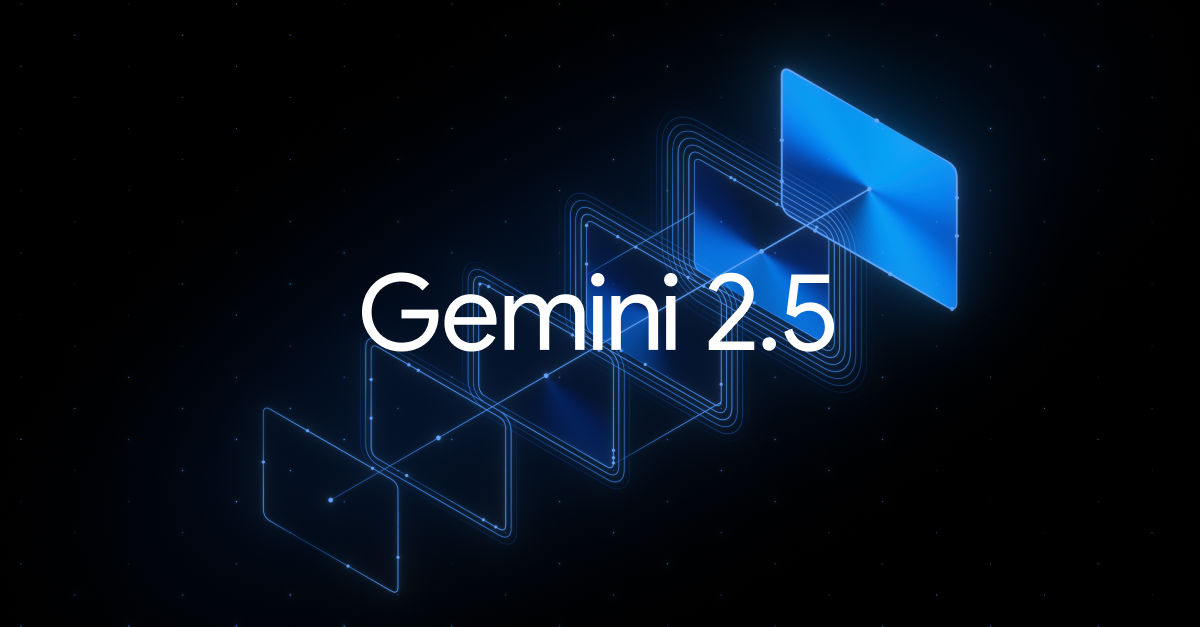Artificial intelligence (AI) is profoundly transforming patient communication in medical settings by enhancing clarity, efficiency, and accessibility. Here are some key ways AI is impacting patient communication:
Improving Doctor-Patient Communication
AI is helping doctors communicate more effectively with patients by simplifying complex medical concepts. Language models can assist healthcare professionals in explaining diagnoses and prognoses clearly, reducing misunderstandings and anxiety. AI can also provide real-time prompts for doctors to ensure clarity and prevent misunderstandings.
Enhancing Patient Expression
AI tools help patients articulate their symptoms and medical histories more accurately. By analyzing patient data, AI can outline medical histories and assist patients in describing their symptoms in a way that doctors find helpful. Additionally, AI-driven systems can detect unexpressed concerns or symptoms that patients might not have mentioned.
AI-Powered Chatbots and Virtual Assistants
Chatbots are being used to monitor patient health, respond to queries, and guide patients through complex medication schedules. These systems can engage patients through interactive conversations, using techniques like gamification to encourage adherence to treatment plans. Chatbots also facilitate communication by drafting responses to non-emergency queries, which are then reviewed by clinicians to ensure accuracy and empathy.
Personalized Communication and Feedback
AI collects and analyzes data from patient interactions to improve communication effectiveness. This feedback loop helps identify areas for improvement and allows AI chatbots to adapt to changing patient needs. Predictive analytics and sentiment analysis further enhance patient satisfaction by tailoring communication to individual preferences and needs.
Telehealth Integration
AI is integral to telehealth systems, providing real-time monitoring and support. Virtual assistants enable patients to receive immediate guidance and support, even outside of traditional consultation hours. This integration ensures continuity of care and improves patient engagement through accessible communication channels.
AI is revolutionizing patient communication by making it more accessible, personalized, and efficient, ultimately leading to better healthcare outcomes.
Citations:
- https://www.business-reporter.co.uk/management/ai-and-healthcare-communication
- https://www.aamc.org/news/how-ai-helping-doctors-communicate-patients
- https://itmedical.com/ai-patient-care-and-communication/
- https://pmc.ncbi.nlm.nih.gov/articles/PMC11047988/
- https://www.netguru.com/blog/artificial-intelligence-in-hospitals
- https://technology.online.city.ac.uk/blogs/transforming-patient-care-ai-in-healthcare1/
- https://www.foreseemed.com/artificial-intelligence-in-healthcare
- https://pmc.ncbi.nlm.nih.gov/articles/PMC8285156/










0 Comments